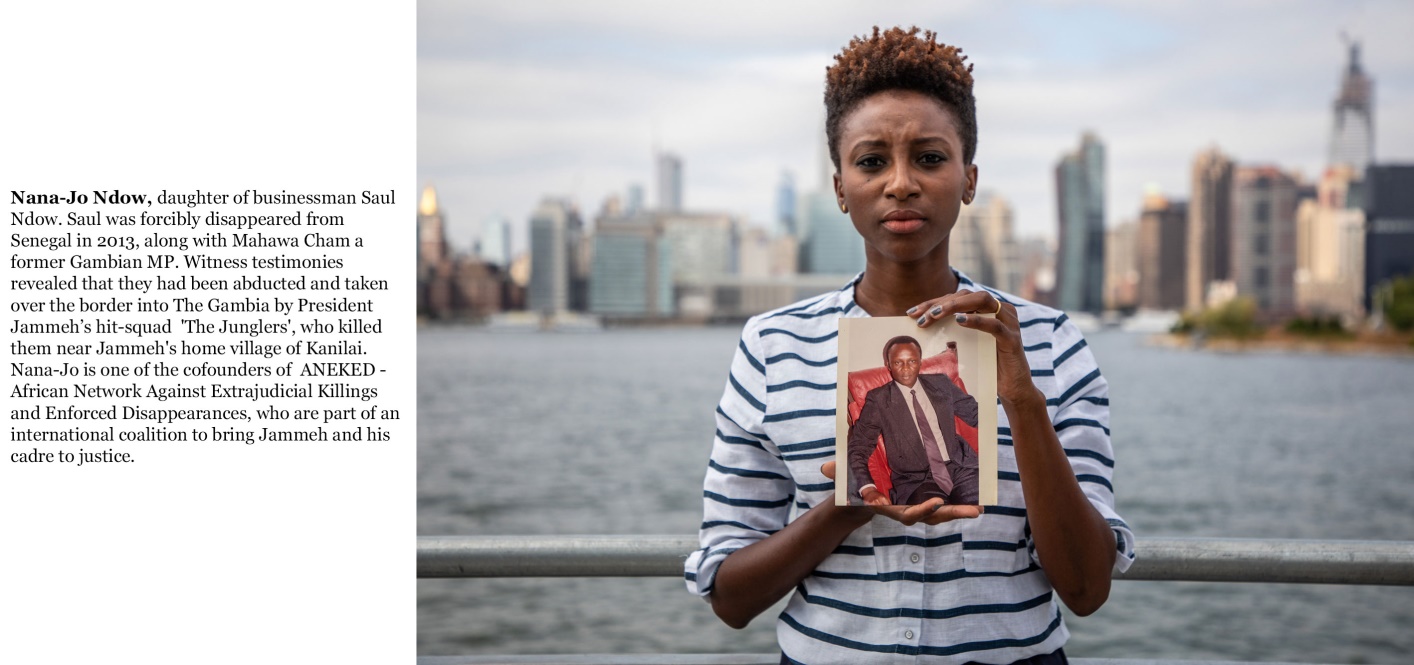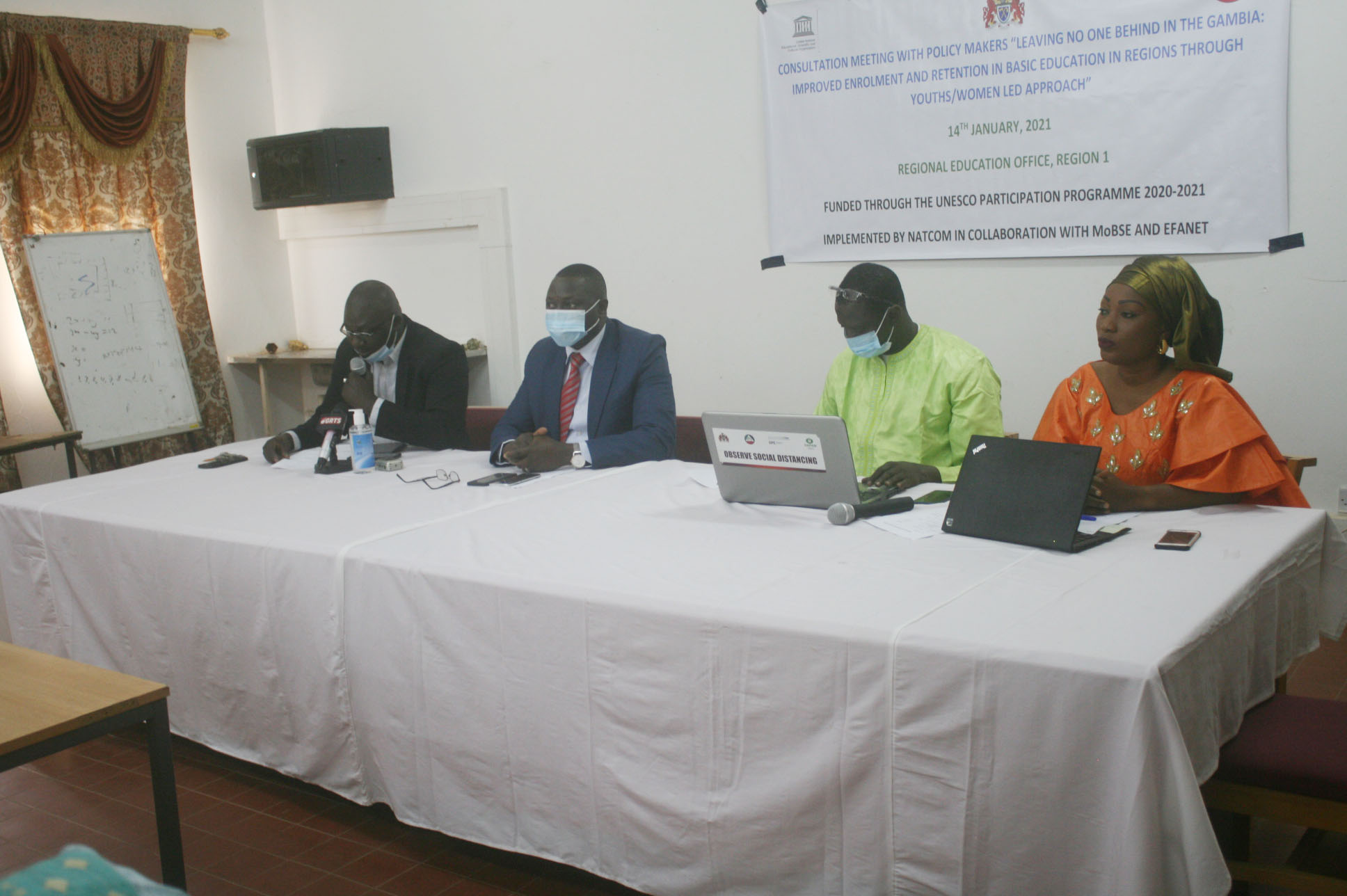The Economic Community of West African States (ECOWAS) Court of Justice Wednesday issued a landmark decision in the case of the enforced disappearance of Saul Ndow during the regime of former Gambian President Yahya Jammeh.
The ruling made available on Thursday stated that the ECOWAS Court found that the Republic of The Gambia violated the right to life and failed to investigate and prosecute those responsible promptly.
The ECOWAS Court also called on the Gambian government to implement the recommendations of the Truth, Reconciliation, and Reparations Commission (TRRC) and ordered to submit, within six months of notification of its decision, a report, among others, on the status of the TRRC recommendations.
With legal support from the Institute of Human Rights and Development in Africa (IHRDA), Nana-Jo Ndow, assisted by The African Network against Extrajudicial Killings and Enforced Disappearances (ANEKED), had been pushing for the Republic of The Gambia to take up its responsibilities for the human rights violations suffered by her father, Saul Ndow, about his enforced disappearance during the Jammehregime.
“After ten years since my father’s disappearance, years of litigation and delays, I am happy that the court has finally recognized our long-suffering. Today’s ruling does not correct the wrong done to us, but it is an important step towards accountability,” – Nana-Jo Ndow, daughter of Saul Ndow said.
Mr. Ndow, businessman and a critic of the Jammehregime, was abducted in 2013 alongside MahawaCham, a former member of the Gambian National Assembly and an equally fierce critic of the government, by the ‘Junglers’, a death squad allegedly reporting directly to Jammeh.
Since 2013, and despite the transition to the AdamaBarrow government in 2017, the multiple appeals and efforts from the families of Saul Ndow and Mahawa Cham, the strong and credible evidence that surfaced through investigative journalists and activists, testimonies before the Gambian police and the TRRC, the Gambian Government has failed to conduct any proper judicial investigations and to prosecute those responsible promptly.
“This decision further emphasizes the duty of the State to investigate human rights violations, irrespective of which Government is in power. It speaks not only for Gambian victims but also blazes a trail of hope for victims of human rights abuse across Africa,” said Edmund Foley, Interim Head of IHRDA.
Jammeh’s 22-year rule (1994 to 2016) was marked by systematic oppression, widespread human rights violations, and crimes against humanity, including torture, extrajudicial killings, enforced disappearances, and sexual violence.
This judgment is a milestone for the victims who still await justice and sends a clear message to the Government of The Gambia that accountability is inevitable and is not negotiable.




